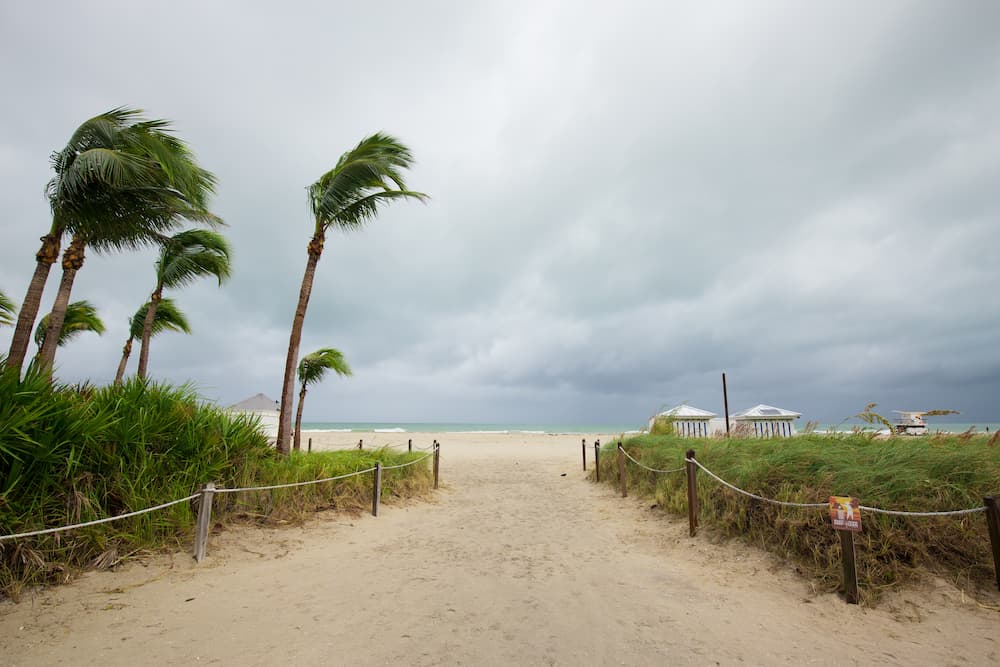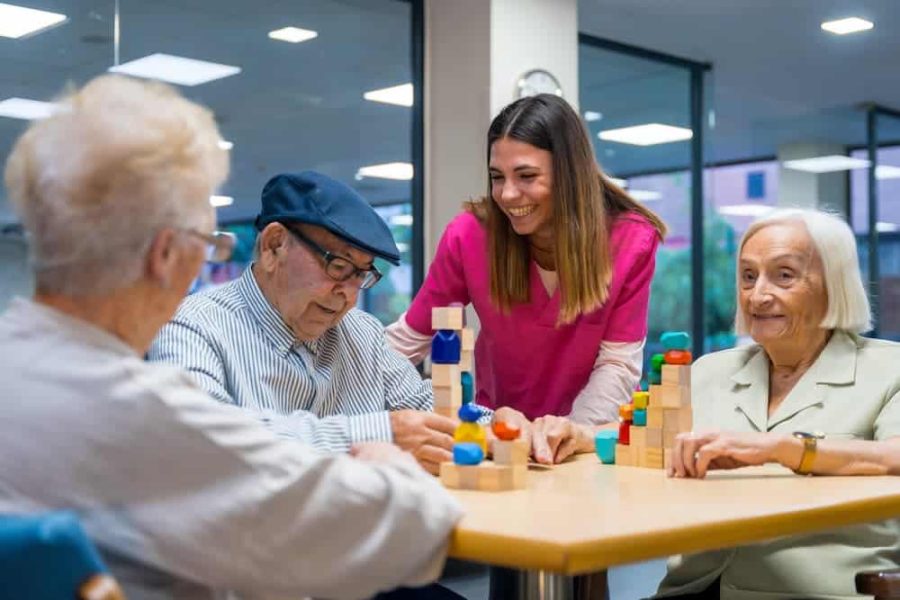
As we enter the eye of Florida’s busy hurricane season, the Sunshine State’s advanced science and weather tech has taken center stage to safeguard what matters most — residents’ lives and property.
While the hurricane season spans from May to November 30, the latter months often hold the most significant hurricane potential. This time of year is a serious matter for Florida’s retirement havens, especially those nestled along the coastlines.
The National Weather Service strives to inform and alert communities about weather-related hazards by fusing innovation, research and technology. This involves collaborative research, enhanced prediction models, radar, satellite upgrades, and smarter decision-making tools. From pinpointing hurricane paths to extending forecasts and refining air quality predictions, these breakthroughs empower forecasters on the ground to deliver life-saving information and support disaster preparedness activities.
Whether you stay put (shelter in place), head to a community shelter within the city, or evacuate to an inland location, being prepared is essential for riding out a storm. If you decide to evacuate your home, ask yourself these questions:
- Do I have enough gas in my car to drive to a safe location?
- Have I secured my home by boarding up windows and reinforcing doors?
- Have I moved furniture away from windows to prevent potential damage?
- Have I brought outdoor furniture indoors or stored it safely in a shed?
- Do I know the evacuation routes and shelters designated by local authorities?
- Have I informed family and friends about my evacuation plans and location?
- Have I turned off gas, electricity and water utilities?
- Have I secured outdoor items like trash cans, bicycles and gardening tools?
- Are my phone, charger and power banks fully charged?
Planning, having a storm readiness kit ready and staying informed through various channels helps ensure your safety. Consider these items when putting together your hurricane prep kit:
- Sufficient supply of prescription and over-the-counter medications, assistive equipment such (hearing aids, mobility aids, glasses), basic medical supplies (bandages, antiseptics, pain relievers, and adhesive tape.
- Cash for emergency purchases if electronic payments are unavailable.
- Cell phone or satellite phone (and chargers) to contact family members or first responders.
- Pertinent documents in a waterproof container (driver’s license, medical cards, insurance policies, identification cards, allergy information, list of current medications).
- List of emergency contacts (family members, friends, healthcare providers).
- Supply of non-perishable goods, canned foods, and a can opener.
- Enough water to last for at least three days. One gallon per day, per person is sufficient.
- Battery-operated flashlights and extra batteries to ensure visibility during power outages.
- Battery-powered or hand-crank radio to stay informed about hurricane progression and weather updates.
- Personal hygiene items (toiletries, hand sanitizers, disinfectant wipes), extra clothing, blankets, and towels.
- Books, puzzles, or other forms of entertainment to pass the time.
- Whistle or signal device to attract attention if needed.
- Barbecue with charcoal, lighter fluid and a lighter or matches.
- Pet essentials such as carriers, food, bowls, and medication.
High-Tech Heroes Help Residents Weather the Hurricanes
Community disaster preparedness is a top priority at The Glenview at Pelican Bay in Naples, with all staff members gearing up starting in April. We implement our innovative and technology-driven disaster preparedness plan that not only readies us for emergencies but also ensures the safety and communication of our residents
When Hurricane Ian hit last year, we held our ground during the storm thanks to our substantial generator that powered essential areas like A/C, refrigeration, and elevators for 8 ½ days until Florida Power and Light restored our connection. This electricity extended to independent living and Premier Place, our skilled nursing and rehab facility. The appreciation from our residents was immense, with numerous letters of gratitude sent to our staff and leaders.
During the storm, half of our dedicated staff stayed on campus, sleeping on cots to assist independent living residents and those at Premier Place throughout the night. The other half arrived three days after the hurricane to relieve their colleagues who had been on duty during the storm. Residents benefitted from having staff available 24/7 to deliver exceptional care.
Additionally, we developed a couple of communication channels, including a web portal to keep residents, community members, and family members updated on storm statuses, power outages, and other vital information. Our Glen Call phone system also enables residents and staff to connect with loved ones during emergencies and evacuations, ensuring family members are informed about their well-being throughout natural disasters.
GlenCare Home Care: A Champion of Hurricane Safety
It’s not just residents of The Glenview who benefit from our community’s disaster preparedness activities and support. GlenCare Home Care nurses, aides, and personal assistants bring senior care and helpful services directly to seniors’ homes in Collier and Lee counties, and in the Naples area.
Offerings include meal preparation, running errands, home safety and fall risk evaluations, medication management, and help with bathing, dressing, and other health care needs. In addition, older adults enrolled in GlenCare who live in an evacuation area have access to The Glenview’s common areas, where they can safely ride out a storm.
Contact us to discover other ways The Glenview embraces innovation and technology to ensure residents stay safe throughout the year.
Featured Image: Miami2you / Shutterstock


